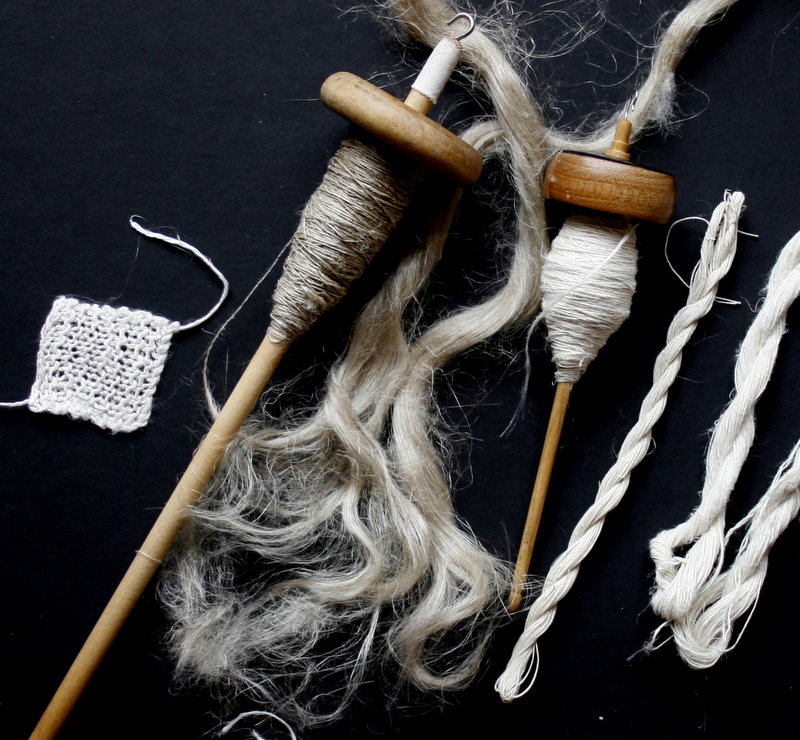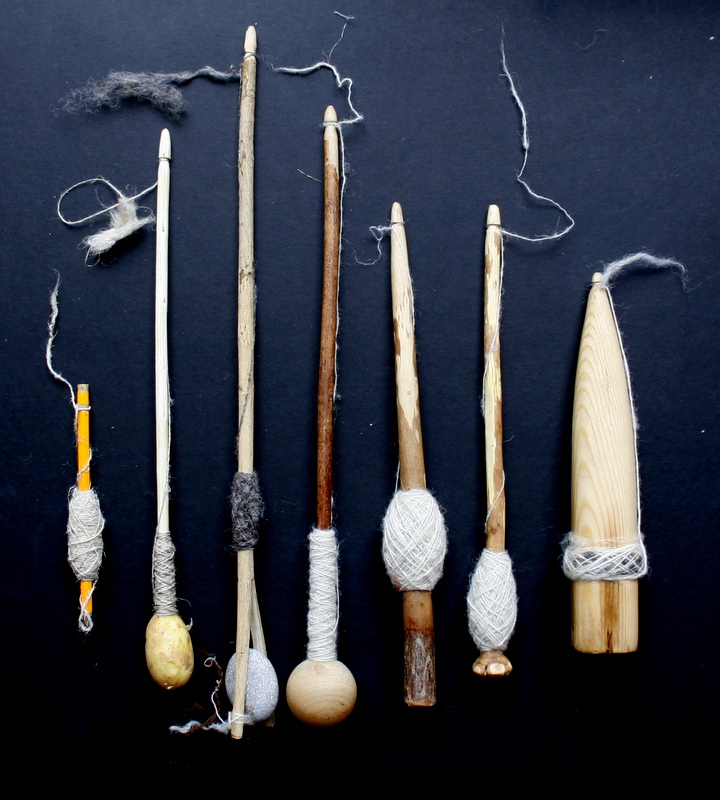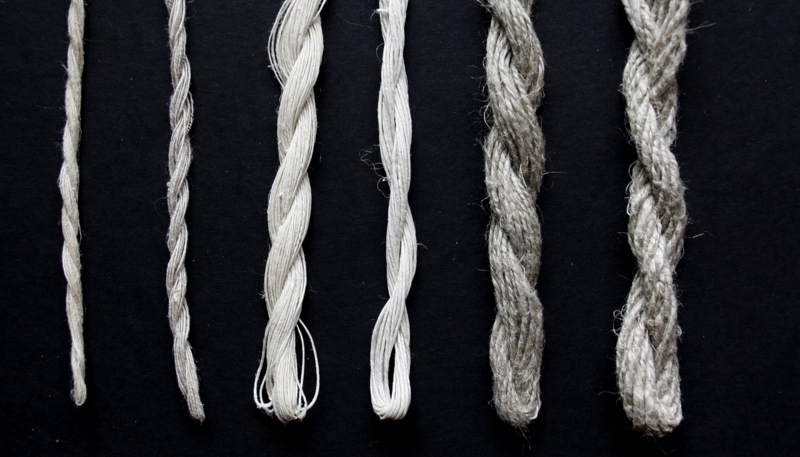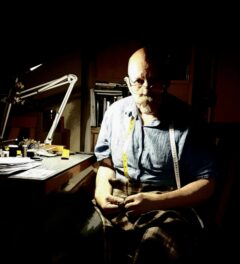A few months ago I responded to an online post that was looking for someone who could spin flax into linen for a London school visit, I thought for a moment and decided I’d follow it up. I had done some flax work a few years ago,, mainly to make bookbinding thread, but rather left it behind when wool work took over much of my time. I’m generally happy demonstrating in front of people and I figured that I wouldn’t get picked as there was bound to be many others more experienced than I. Much to my surprise and delight I received a very positive email, as several exchanges we met up to discuss the details. It was to visit 8 different primary schools in East London , talking and demonstrating about flax and showing how to spin, it might have been because I use drop spindles that I was picked! The project is one which has been running for a few years enabling school children to grow vegetables in the school garden, which they tend and ultimately enjoy a meal or two from their labours, a thoroughly worthwhile project which was developed into growing and processing flax as well : which is where I come in.
I’ve been working on getting a selection of teaching materials together to show the various stages of the process of spinning.

I know that there is only enough time to introduce it to the children, and barely enough time to let them have a play as well, but if I have enough samples they will, hopefully, have an idea of how fascinating the whole spinning process is.

I’ll take a few of these spindles as well, jut to show that no magical equipment is needed, in fact the simple things are often best.

I’m not entirely sure what we will end up , but I thought it would be a good idea to have a few samples available so that they can see that a whole range of threads are possible, and suited for lots of different jobs.
